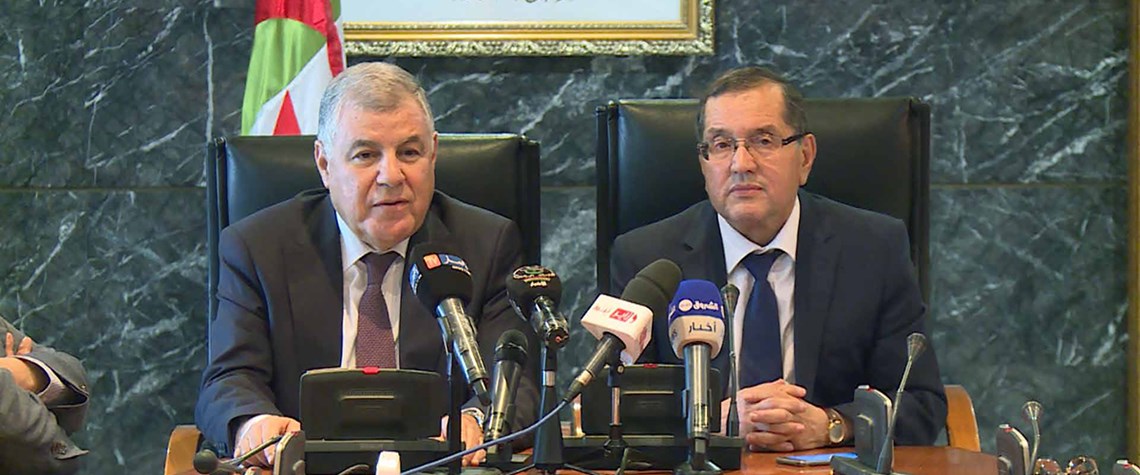Algerian change—again
A lack of leadership continuity in Algeria's energy sector is a product of the FLN's struggle to retain political power
Algerian energy minister Noureddine Boutarfa learned he'd been sacked the day that was supposed to represent his crowning achievement, with Opec's signing in Vienna on 25 May of an extension on its production cuts agreement. Nine months in the making, Opec's first such accord in eight years was completed after much shuttle diplomacy by Boutarfa. He'd initiated the process himself, winning an outline agreement on the principle of the cuts policy at an Opec meeting he hosted in Algiers last September. Then, the local papers were full of praise for their champion. Months of criss-crossing the globe followed as Boutarfa met with oil producers inside and, crucially, outside Opec, balancing each p

Also in this section
17 February 2026
The 25th WPC Energy Congress, taking place in Riyadh, Saudi Arabia from 26–30 April 2026, will bring together leaders from the political, industrial, financial and technology sectors under the unifying theme “Pathways to an Energy Future for All”
17 February 2026
Siemens Energy has been active in the Kingdom for nearly a century, evolving over that time from a project-based foreign supplier to a locally operating multi-national company with its own domestic supply chain and workforce
17 February 2026
Eni’s chief operating officer for global natural resources, Guido Brusco, takes stock of the company’s key achievements over the past year, and what differentiates its strategy from those of its peers in the LNG sector and beyond
16 February 2026
As the third wave of global LNG arrives, Wood Mackenzie’s director for Europe gas and LNG, Tom Marzec-Manser, discusses with Petroleum Economist the outlook for Europe’s gas market in 2026







